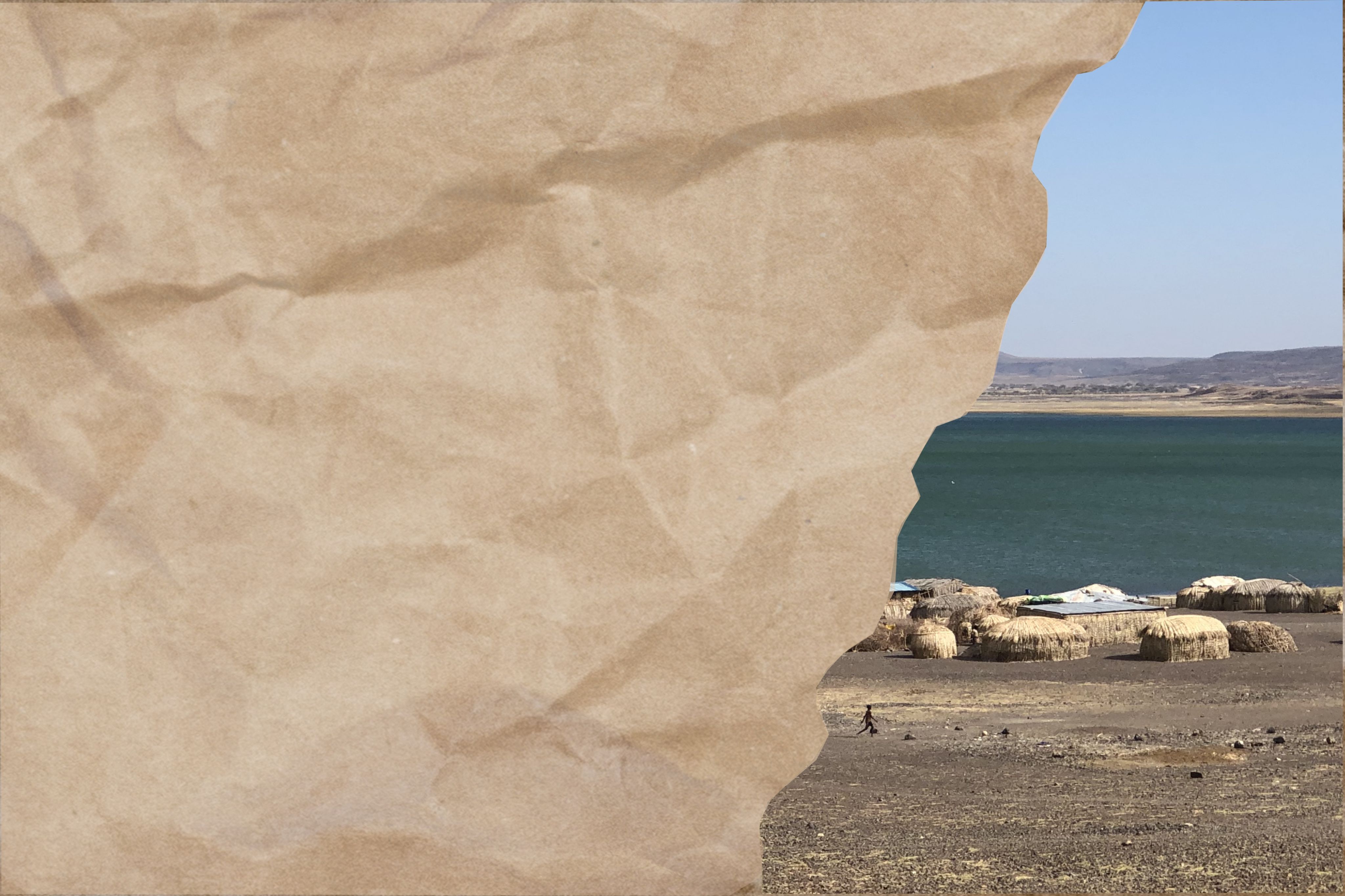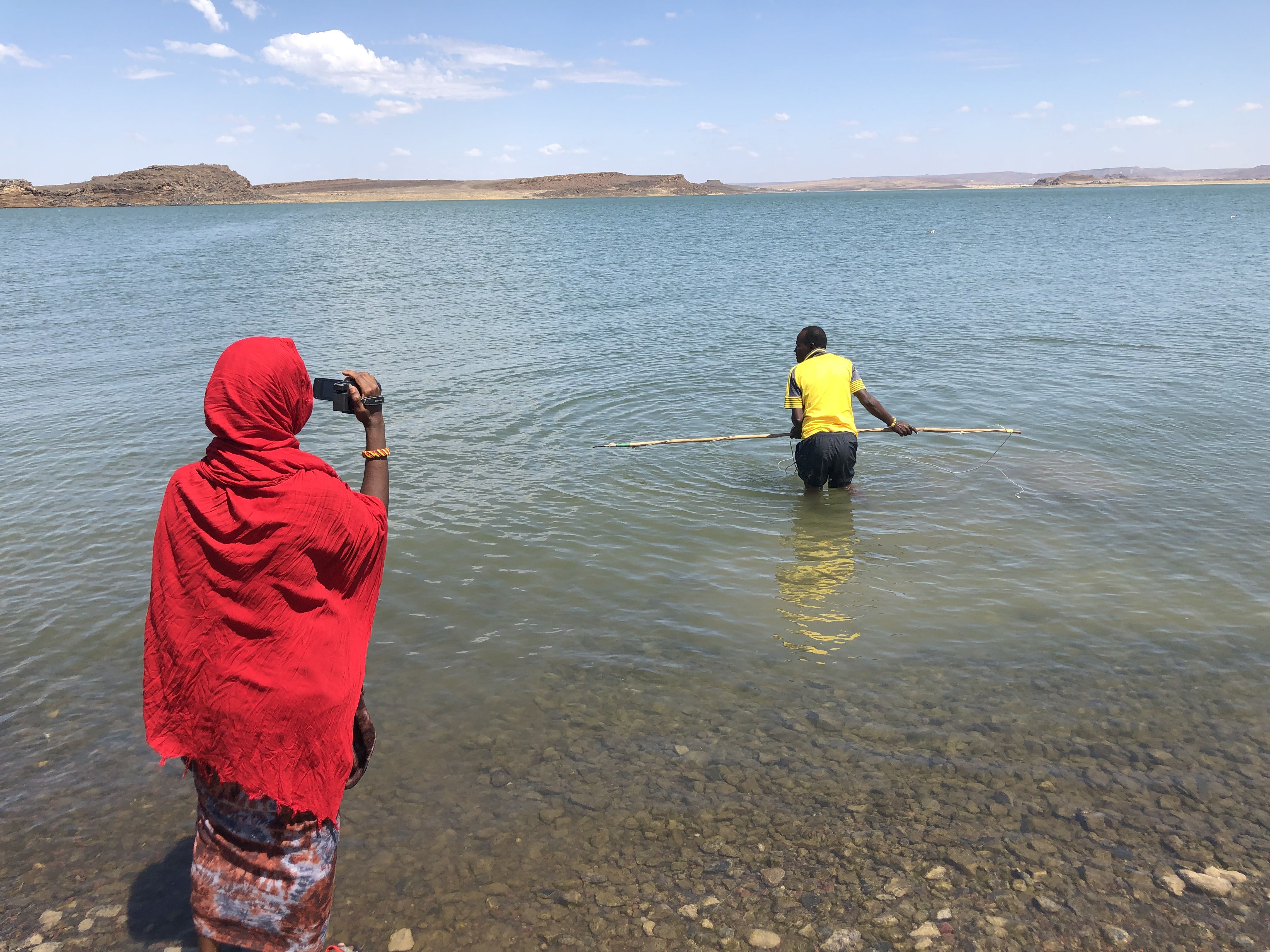InsightShare
The Living Cultures’ Indigenous Fellowship trains Indigenous youth to use participatory video to mobilize their communities against the dual threats of human development and climate change by telling their stories in their own voices.

Bertha grantee InsightShare provides tools and training for Indigenous peoples in participatory video (PV), a grassroots storytelling methodology that gives communities the resources to make their own films and shape their own narratives. Participants of PV are encouraged to explore issues, identify communal challenges and draw on local wisdom to mobilize the community around problem-solving approaches – ultimately communicating their needs and ideas to decision makers and other communities.
InsightShare carries out this work through the Living Cultures initiative, which aims to unite Indigenous communities from across four continents using PV to decolonize cultural spaces, address deep-rooted historical traumas and actively acknowledge Indigenous cultures as living cultures of the present, not the past.
As a new pilot program within the initiative, the Living Cultures’ Indigenous Fellowship started in 2020 with funding from Bertha Foundation. The Fellowship delivers remote training in six InsightShare Hubs in Kenya, Tanzania, South Africa and Namibia, supported by local mentors. Through the Fellowship, 38 young leaders are learning how to use digital tools like video cameras, phones and radio as vehicles for expression, information dissemination, self- representation and positive local action.
The Fellows at the Gurapau Hub based around Lake Turkana, Kenya, represent the Turkana, El Molo and Samburu peoples, who are facing major environmental threats to their communities. Climate change and a wind farm are affecting land, fresh water, food and livelihood – in particular that of the El Molo, one of Kenya's smallest and most vulnerable tribes. A 2019 census counted only 1,104 El Molo residents. They are economically poor, have no political representation and have extremely limited power to advocate for or protect their rights.
In the last decade, climate change has affected Kenya in the form of both droughts and flooding. The impacts of drought have been magnified by the construction of Kenya's largest wind farm near Lake Turkana – built by Lake Turkana Wind Power Corporation – on land containing freshwater resources that had previously been communally shared.

Lake Turkana is a saltwater lake. However, the El Molo, facing drought and a lack of access to communal water resources, have been compelled to drink the lake water, resulting in cholera epidemics, deformities, dysentery and blindness due to its high saline and fluoride content. Additionally, deforestation has led to rising water levels in Lake Turkana, submerging schools, roads, burial grounds, toilet facilities and whole villages, causing the displacement of communities.
“Freshwater comes from 25 kilometers away from the village, and the pipes go across the lake. The lake rising has damaged the freshwater pipes. Villages have started using the lake water again. Catching fish and cooking with the lake water, not the freshwater, is affecting the villagers' health. Washing with the lake water is turning the children’s hair yellow, also the rising lake has prevented villagers from reaching the health center or hospital on the other side of the lake.” Magella Hassan Lenatiyama, Living Cultures Gurapau Hub mentor
The establishment of the Fellowship Hub at Gurapau presents an opportunity for those Fellows to utilize PV to document the dramatic changes to the environment and the effects on their communities in their own voices. They use video to document their life context, reflect on it through the lens of film and find their voice through this process of self- representation.
PV is one of many ongoing nonviolent approaches that have been used over the years to speak truth to power in the region. The Lake Turkana Wind Power Corporation has committed to invest a portion of its operating revenues to “improve the livelihoods of the communities in the Project area” via the recently created NGO Winds of Change Foundation. By the conclusion of their Fellowship, the Gurapau Fellows hope to successfully use PV to create space for dialogue and a bridge to better communications between local communities, the trustees of Winds of Change Foundation and local politicians – ultimately resulting in more fairly dispersed profits from the wind farm at Lake Turkana.
The learnings from these complex challenges facing living cultures, and the capacity of Indigenous youth to uplift their communities in the face of climate adversity, will set the stage for the future of climate justice for these frontline Indigenous communities.
Want to find out more?
CREDITS
Photo 1: An image of the wind farm situated in Lake Turkana. Photo: InsightShare
Photo 2: A PV trainee documents traditional fishing practices. Credit: Insightshare
Photo 3: Gurapau Fellows Dominic, Joyce and Bosco carry out their first PV facilitation with El Molo community members. Photo: InsightShare
Author: Adrian Kawaley-Lathan
Editorial Consultant: Karen Frances Eng
This story was originally published in the Bertha Climate book and some of the information in this story may have changed since it was first published.



 Built with Shorthand
Built with Shorthand